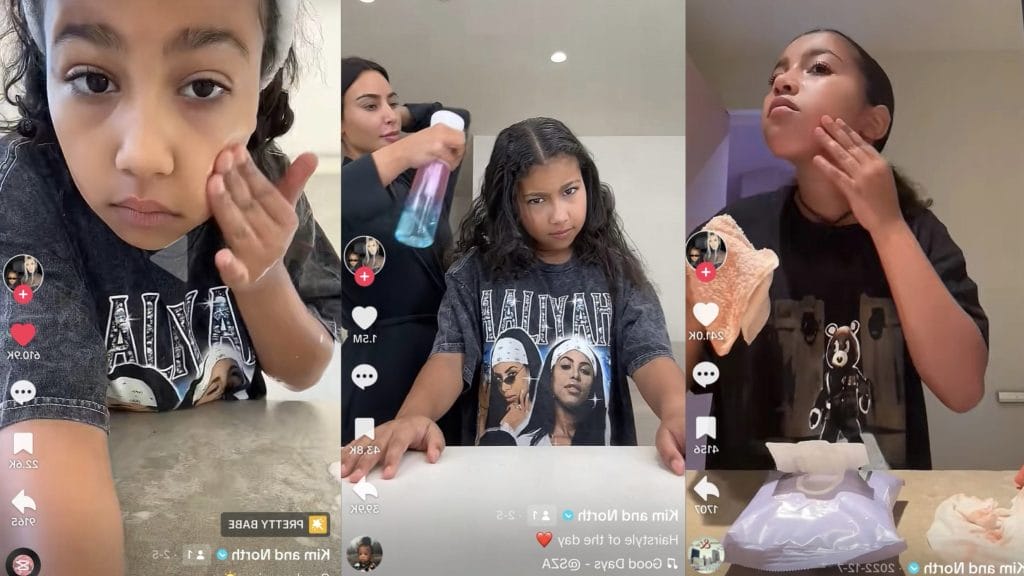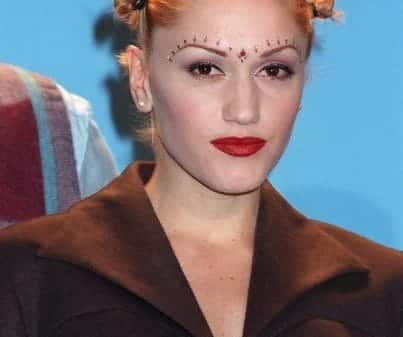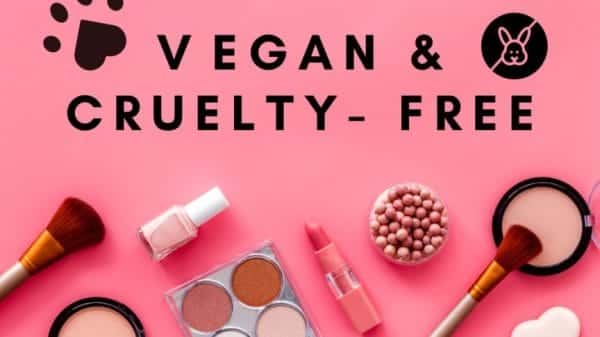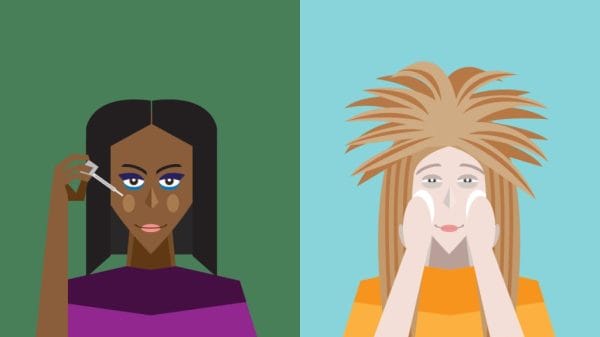What do the new precedents of the beauty-obsessed Gen Alpha mean for today’s society?
Check out this comparison of Generation Alpha’s cosmetic obsession to Wilde’s Dorian Gray:
Gen Alpha: Over the Top?
Think back to your most recent visit to the local Sephora. I’d be unsurprised if you told me that you noticed an abnormal number of middle school girls flocked around the skin care section during your trip.
Or rather, perhaps your TikTok for you page is polluted with videos like this:
Above is ten-year-old North West sharing her skincare routine with her followers; her video contains highly-coveted products, such as the luxurious Drunk Elephant Lala Retro Whipped Cream Moisturizer, as well as cleansers, toners, serums, and eye creams.
To a twenty-something-year-old viewer, this is likely an enviable 15-step skincare routine. Your initial reaction may be jealousy or confusion.
But beyond this, the most overwhelming emotion you may feel is discomfort – why is a ten-year-old girl doing expensive skincare and wearing makeup?
Gen Alpha vs Dorian Gray
If you’re a literature nerd like me, you may find Gen Alpha’s obsession with beauty products, particularly their use of retinol (a notorious anti-aging serum), strangely reminiscent of Oscar Wilde’s beloved novel The Picture of Dorian Gray.
Their infatuation with youthfulness and the strangeness of Gen Alpha’s actions make a direct comparison.
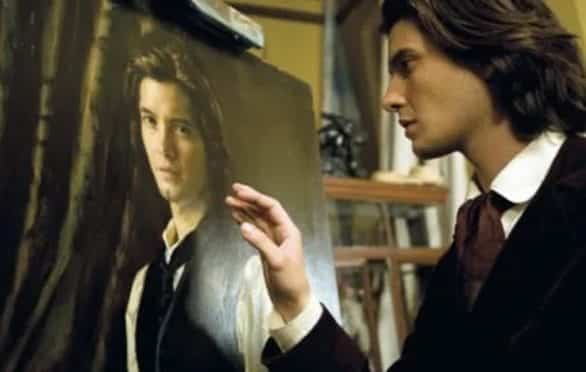
I beg the question – Has Gen Alpha become the new Dorian Gray, giving up their childhood (as he relinquishes his soul) for eternal youth and beauty?
Throughout the novel, Gray’s disturbing portrait corrodes and darkens, absorbing and embodying the age and wrongdoings of his soul. However, Gen Alpha’s hidden portrait will epitomize our consumerist society’s failures.
Gen Alpha, unlike Gray, has no grounds for punishment. Their obsession is an unsurprising reaction to our current cosmetic climate. We have only ourselves to blame.
Gen Alpha: At What Cost?
Unsurprisingly, there are counterarguments in support of this beauty resurgence.
Firstly, some have considered this positive, arguing that Gen Alpha are merely savvy with their beauty and that their “obsession” is an enviable form of self-expression.
While it is enticing to accept this as the only implication, it would equally be naive to ignore the contributions of social media, a space enamored with youth.
As a child, I remember TV ads marketing anti-aging moisturizers and serums to women my mom’s age. My younger self could not comprehend why they’d want to stop aging; at that time, aging (to me) seemed exciting.
Now, watching actual children use anti-aging skin care while simultaneously wearing make-up that ages them up has rendered me lost in the strange irony of it all.
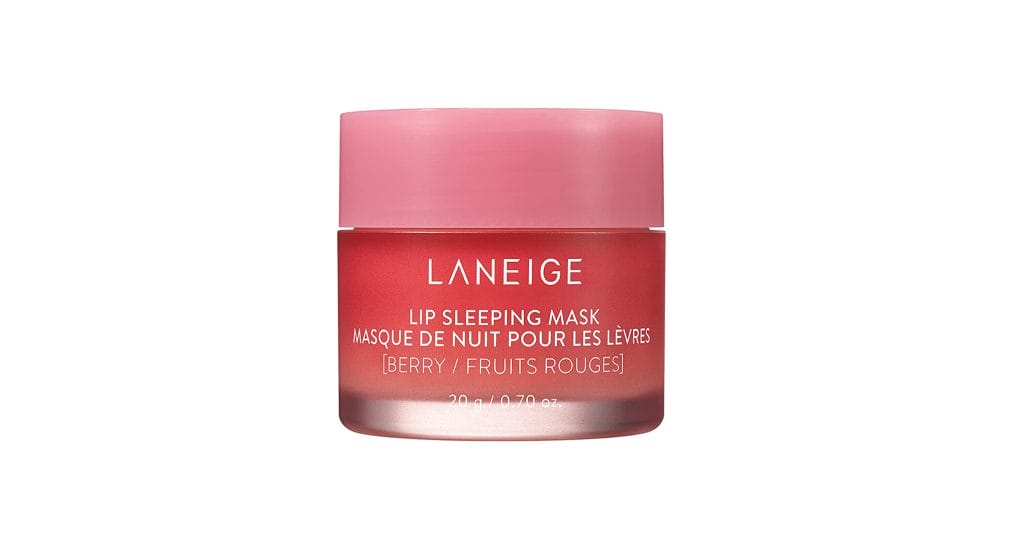
Though, at the core, they are simply expressing themselves, their actions feel more sinister than children playing dress up and stealing their mother’s make-up. Beauty is no longer a sleepover activity but a fundamental part of their lives.
What is the Damage to Gen Alpha?
A New York City dermatologist revealed that “stores like Sephora and Ulta Beauty are more appealing than actual candy stores for this generation of tween and teen girls.”
But what does this really mean? Essentially, children are not allowed to be children, both physically and metaphysically.
They no longer function innocently, separate from society, sheltered from its problematic nature. Now, they are at its centerfold.
Yet this is extremely damaging, as @aliciaandersonmakeup notes. The products Gen Alpha seeks out are actively, extremely damaging to their skin barrier.
And the harm is more than just bodily. Ingraining beauty standards within impressionable minds plants the seeds for lifelong discontent.
Beauty pressures within adults cause enough societal strain, but unloading these concerns onto children will create a hyper-cosmetically obsessed world, only exacerbating existing problems that stem from beauty standards.
Children are no longer allowed to be awkward or silly. They now must be aware of their image.
How Will Gen Alpha Set Us Back?
Strangely, this worry with the maintenance of youth and beauty feels evocative of the Victorian beauty ideals underlying the Picture of Dorian Gray – especially its effects on women.

In a world where menopause was regarded as somewhat of a disease, taking women’s beauty, fertility, and societal worth, a girlish, youthful appearance was highly coveted.
Gen Alpha (somewhat unknowingly) embodies this fear, taking precautions to maintain their adolescent (or preadolescent) glow. Yet they are entirely ignorant of the costs, just as their literary counterpart, Dorian Gray.
Whether the societal outcome of this movement will be as tragic as Gray’s is unknowable, but the similarities are undeniably eerie.
To further explore this question of ‘to age or not to age,’ check out this Trill article.


